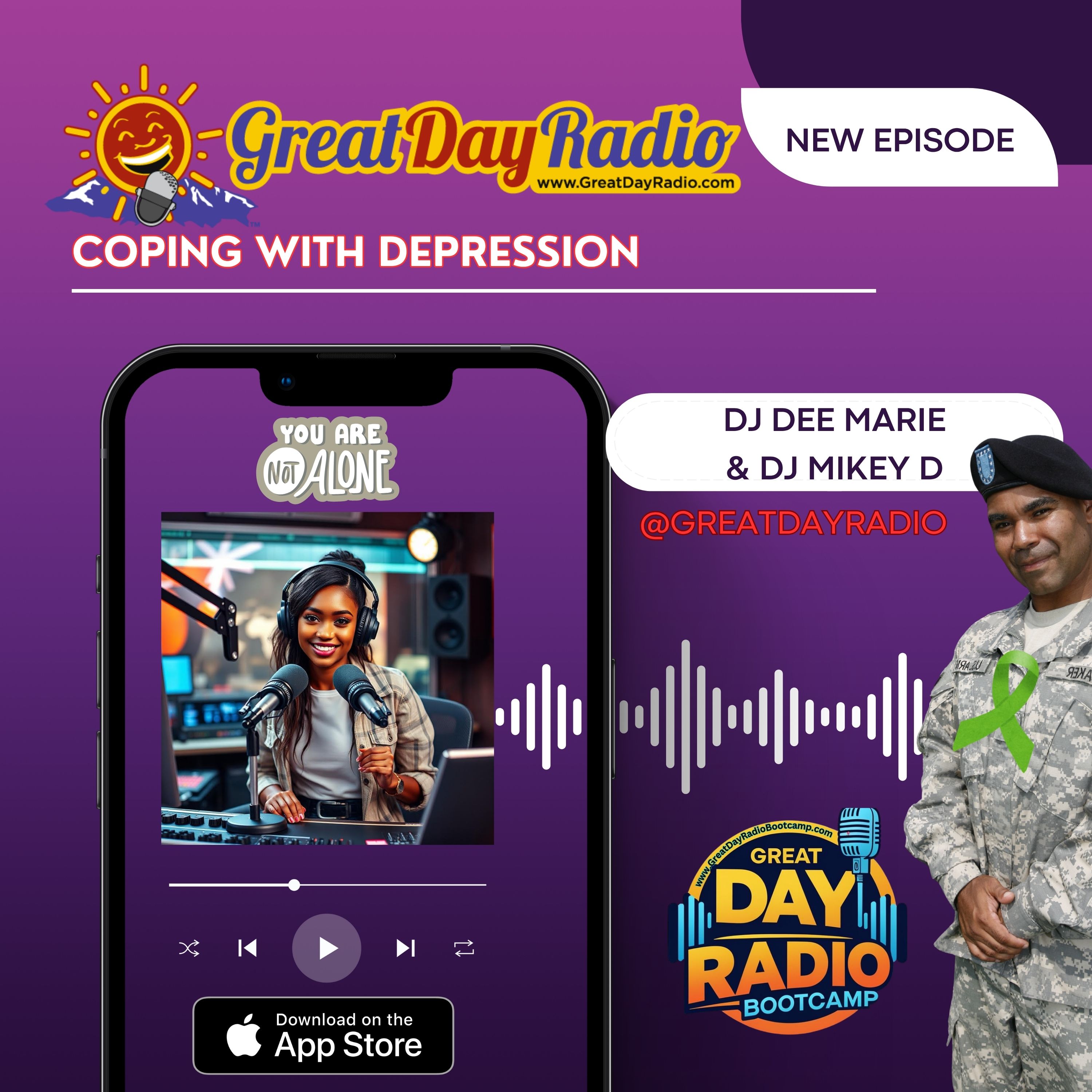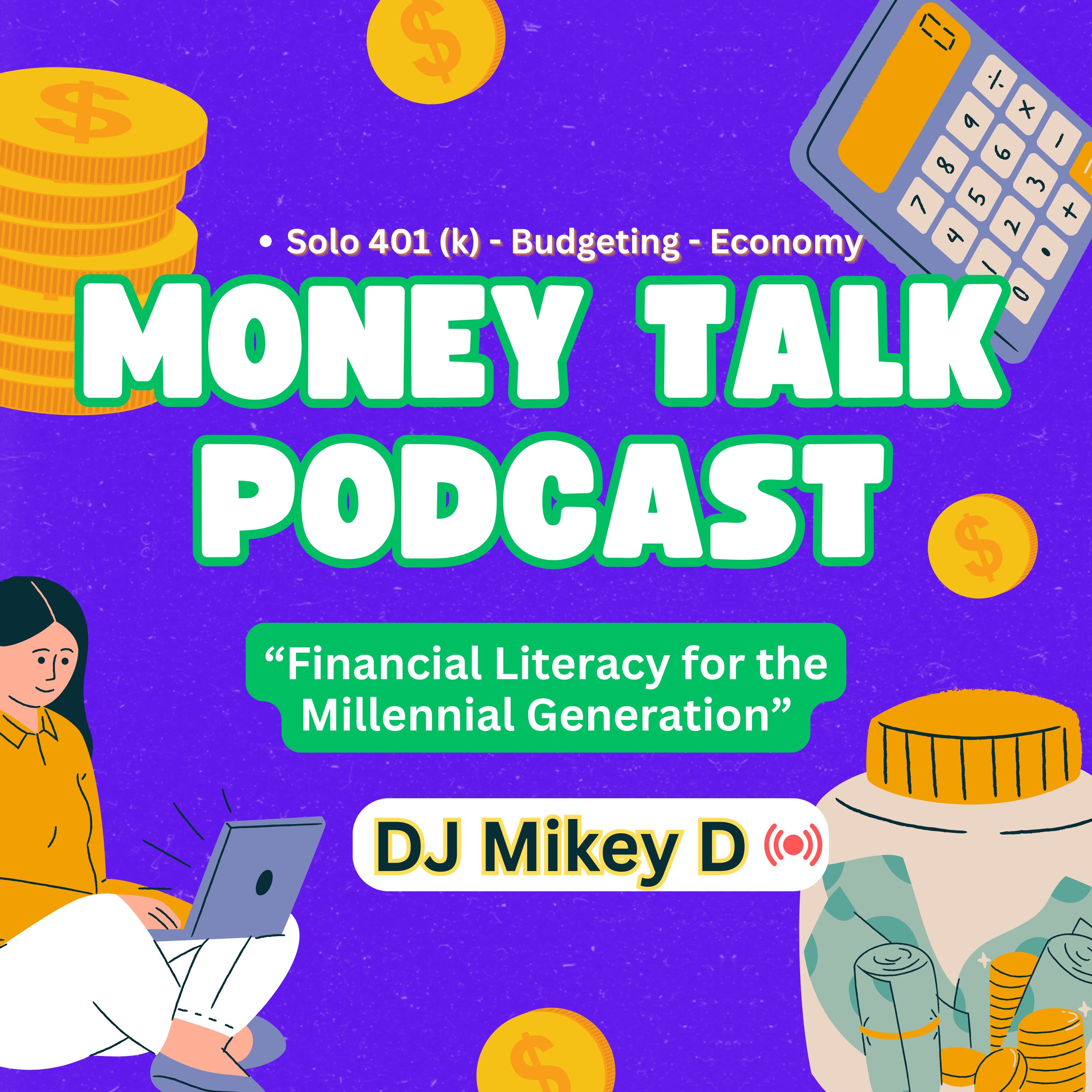
The Hidden Economics of Relationships
Can a relationship be both loving AND transactional? Our latest episode dives into the uncomfortable reality of relationships built on exchanges rather than emotions. Listen for real stories and expert insights that might change how you view your own relationships.
The concept of transactional relationships has become increasingly visible in modern society, prompting important discussions about the nature of love, commitment, and mutual benefit. In our recent podcast episode, we explored this complex territory with personal stories and expert insights that shed light on both the potential benefits and serious pitfalls of relationship transactions.
DJ Mikey D shared a deeply personal account of his marriage breakdown, which began with his ex-wife accusing him of treating their relationship as a transaction. The irony, as he discovered through reflection, was that she appeared to be the one approaching their marriage from a transactional perspective. His story revealed a pattern: when he was financially useful, she wanted to reconcile; when she had other support systems in place, she pushed for divorce. This culminated in a disturbing recent revelation that she had secretly taken out a supplemental health policy on him worth $15,000, which she was pressuring him to sign off on following his lung disease diagnosis. This extreme example demonstrates how transactional thinking can sometimes cross ethical boundaries and cause significant emotional harm.
The conversation was enriched by insights from two experts with different perspectives. Dr. James Cook, a sociologist specializing in modern relationships, acknowledged that transactional relationships have existed throughout history but have evolved with technological advances and changing social norms. He noted that such arrangements can work for some individuals who prioritize security and predictability over deep emotional connections, though he cautioned that they might lead to dissatisfaction over time. Relationship therapist Emily Nichols offered a contrasting viewpoint, emphasizing the potential psychological drawbacks of transactional relationships. She argued that while clear expectations are essential, they don't necessarily prevent the emotional emptiness that can arise when genuine affection is absent from a relationship.
What emerged from this discussion was not a simple verdict on whether transactional relationships are inherently good or bad, but rather a nuanced understanding of the importance of balance, clear communication, and mutual respect. The key takeaway seems to be that while some practical exchanges may be inevitable in any partnership, problems arise when the transaction becomes the primary foundation rather than a complementary aspect to emotional connection and genuine care. As the hosts concluded, the key to a successful relationship with transactional elements lies in ongoing dialogue about needs and expectations, ensuring that both emotional and practical aspects are addressed in a way that respects both parties' dignity and agency.





